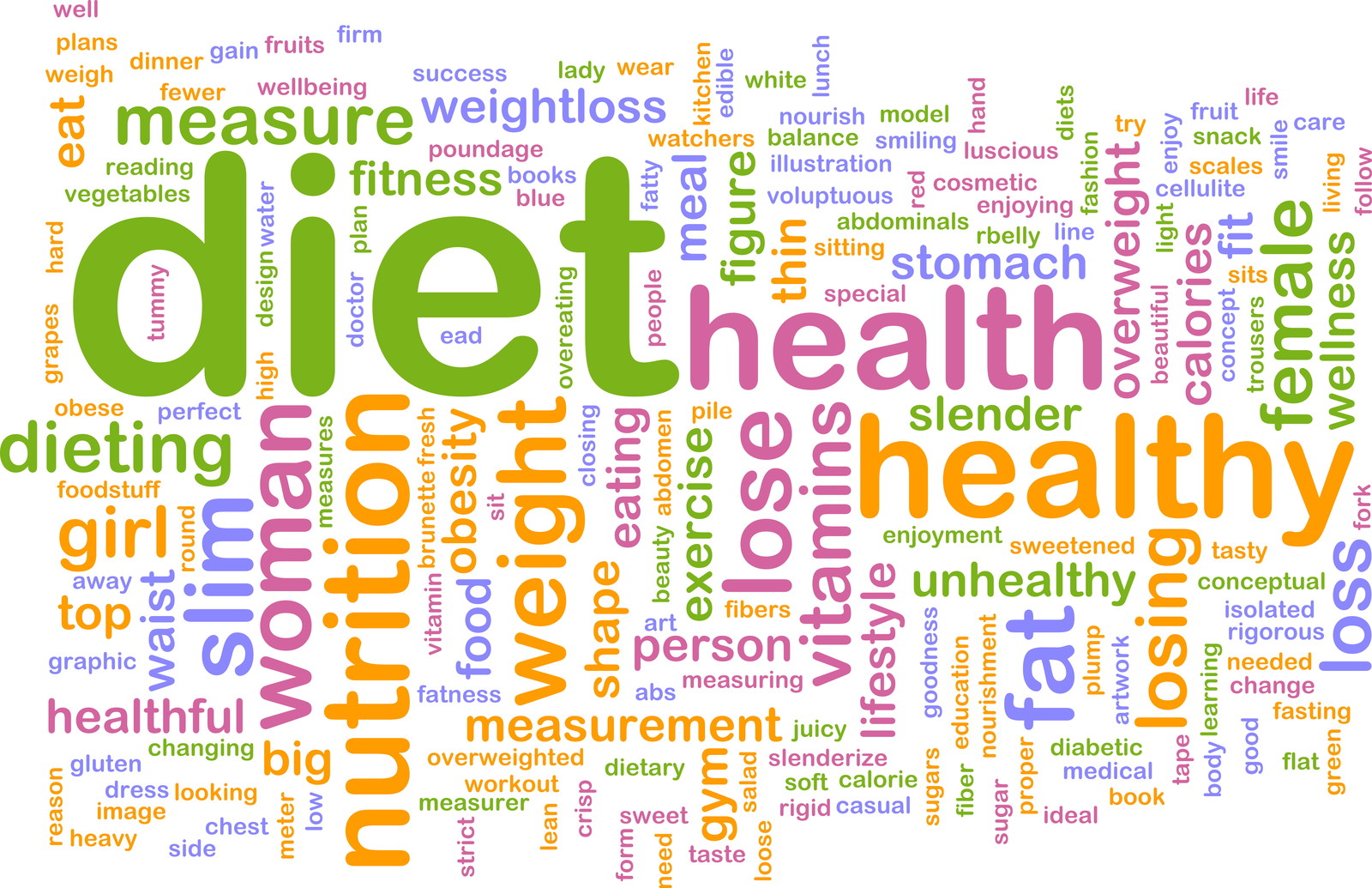[ad_1]
One of the benefits of evaluating and reviewing diet and exercise plans is that I get to see the common elements that all effective programs contain. That’s lead me to create my own rating system which allows me to look at popular diets on the market and have a common baseline for how to judge them. Many people choose diets simply because they are referred to us by friends or family. There is nothing wrong with that, we all trust recommendations from people we know. However simply because a diet program works for one person doesn’t mean it will work for you. Here are five things the most effective diet and exercise plans have in common from the research and analysis I have done:
- Moderate Weight Loss Over Time – This is probably the most important element in successful weight loss. First of all, it’s the most healthy for you. Be wary of both results and the impacts to your long term health from quick weight loss programs. 2 to 3 pounds per week is a sufficient rate of loss that is considered healthy.
- Achievable Exercise Goals – Several of the most popular diet and exercise plans promote the building of muscle to increase your metabolic rate. The theory is that by increasing muscle mass you burn calories more quickly. They also typically shy away from aerobic activity as a primary means of exercise. While it is true that sheer aerobic activity (running, swimming, etc…) probably is less effective for overall weight loss, simply trying to build muscle doesn’t necessarily equate to good overall health. Look for programs where the exercise component is achievable and enjoyable for you over the long term.
- Active Food Preparation – This is one of the most important elements in being to lose weight effectively. The act of preparing your own food as much as possible serves two primary purposes in effective diet and exercise plans. First, by understanding what food you are preparing to eat you will automatically spend time looking at more natural ingredients that are unprocessed. That pays important health dividends. Second, when you prepare you own food you learn about the number of calories in what you are eating, what a proper portion should be, as well as the fat, sugar and sodium content in the food. Understanding what you are preparing focuses you on proper nutrition.
- Lifestyle Change – I have found this to be a critical component of effective diet and exercise plans, simply because if you can’t make a lifestyle change through better eating and exercising your results won’t be maintained. Finding a program that promotes these areas lets you see the effects of dropping pounds which builds excitement and momentum makes the lifestyle change more permanent.
- Program Support – Not a lot of attention is paid to this, but it is important. Some type of support, through forums, local meetings or subscribing to an online diet program that provides email communications is very helpful. Look for this type of support as you assess a particular program.
The most effective diet and exercise plans I have reviewed contain several or all of the elements described here, so make sure to validate that whatever plan you are considering contains them.
[ad_2]
Source by Heath Jackson
